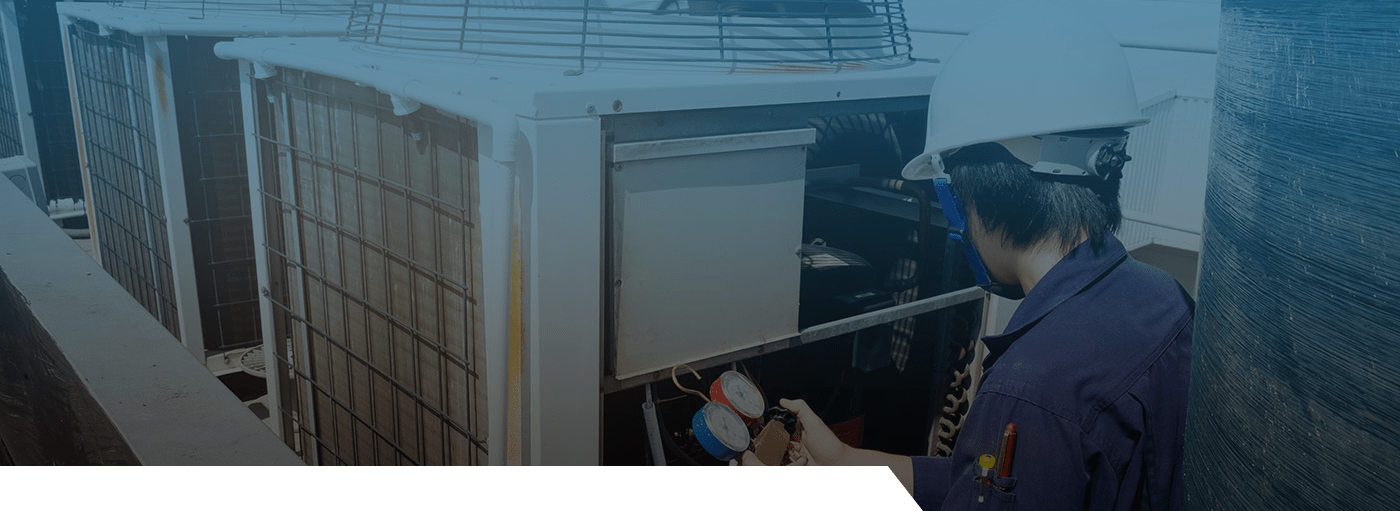A thick black gunk buildup in the fuel filter is one of the issues that technicians encounter when performing an annual tune-up on heating equipment or systems. This black gunk is referred to as heating oil sludge.
Heating oil sludge is formed by the accumulation of rust, dirt, and oxidized fuel at the bottom of an oil tank. The fuel inside the oil tank oxidizes when condensation caused by temperature changes interacts with organisms (bacteria) in the fuel. Sludge in your heating oil tank can corrode or damage heating systems, clog pipework, and reduce oil efficiency. When sludge is not removed, it can accumulate until it is stirred up and blocks the inline filters.
5 Ways to Prevent Heating Oil Tank Sludge
Here are the 4 proven ways to prevent heating oil tank sludge by following the right strategies and ways:
1. Plan and Schedule the Refilling at Time
The simplest way to avoid clogs caused by oil tank sludge is to refill your tank before running out of fuel. Don’t let your oil tank run out until it’s completely empty! Holding off on a refill increases the likelihood of sludge entering your fuel line. If a small clog has already formed, a nearly empty tank may leave you in the cold sooner than expected. If at all possible, keep your fuel level above the halfway mark.
Bob Climate Control’s Heating Oil, Automatic Delivery Service, is an excellent way to keep your oil from running out. We’ll keep a record of your home’s heating needs when you sign up, allowing us to calculate when you’re due for a fill-up with impressive accuracy. You’ll save $0.03 per gallon and won’t have to schlep outside to your oil tank to check your fuel levels in the dead of winter.
2. Using a Sediment Treatment
Sludge buildup can also be prevented with a heating oil additive or treatment. It will break down the sludge at the bottom of your tank if you add it to the tank before your next delivery. Look for a sludge dispersant in the treatment, which will break up the sediment and loosen it from the bottom. There are numerous treatments on the market. Some additives also remove water, prevent algae growth, and prevent wax or gel buildup.
With the addition of a sediment emulsifier, the sludge particles become small enough to burn with regular fuel and pass harmlessly through your supply line and filter. During one heating season, a dispersal treatment may be able to return your tank to a sludge-free state. The additive has the potential to suspend sediment and clog the oil filter. As a result, using this type of additive on a nearly empty tank is not a good idea.
3. Early Service is Necessary
While you only need to clean your oil tank every three to five years, it requires other annual maintenance to stay in good working order. Schedule yearly service with your oil supplier. Your technician will replace the oil filter and perform other maintenance to prevent sludge and other clogs. They can also catch sludge deposits before they become a problem.
4. Choose the Right Supplier
Working with a reputable supplier is also important because they will deliver cleaner fuel and will be able to assist you in preventing sludge. The right company will have the tools and resources to handle oil waste and even pump out your sludge, so you don’t have to. If you have faith in your oil provider, you can discuss how and when to add treatments to your tank, as well as other preventive measures. They will also detect problems for you during routine maintenance and yearly fill-ups.
5. Use High-Quality Oil
Premium oils are more refined and have fewer contaminants. The higher the quality of the oil in your tank, the slower the sludge buildup. This is what will help you prevent and avoid getting sludge in your heating oil tank, which will eventually save you a lot of hassle and money.
6. Keep Tank Full in Summer and Spring
Keeping oil in your tank all summer may seem counterintuitive. After all, unused oil is more likely to degrade into sludge. When the tank is full, however, less air and water vapor enter the container. Outside of the heating season, we recommend keeping a half-full tank, and if it’s more than halfway full, that’s even better. Because humidity and temperature fluctuations are more likely to cause condensation in the spring and summer, the less space it has to form, the better. As an added bonus, you’ll be ready for whatever the Northeast’s unpredictable weather has in store for you. When you have a full oil tank, a surprise early-September cold spell is nothing to be concerned about!
The Final Takeaway
Bob Climate Control specializes in all things oil. We deliver heating oil all over the Northeast and can help with everything from automatic delivery to emergency fill-ups and restart services. Learn more about our heating oil solutions and our dedication to providing first-rate service. Do you have additional questions about cleaning your oil tank, or do you require more fuel? Contact us today to speak with one of our technical experts, or place your next oil delivery order online.


